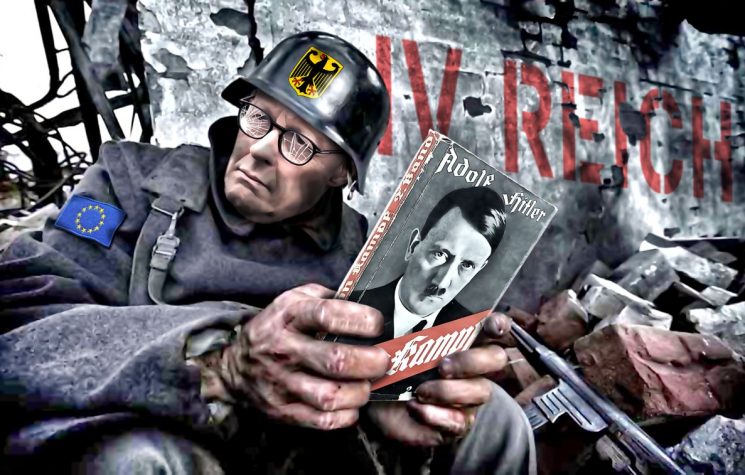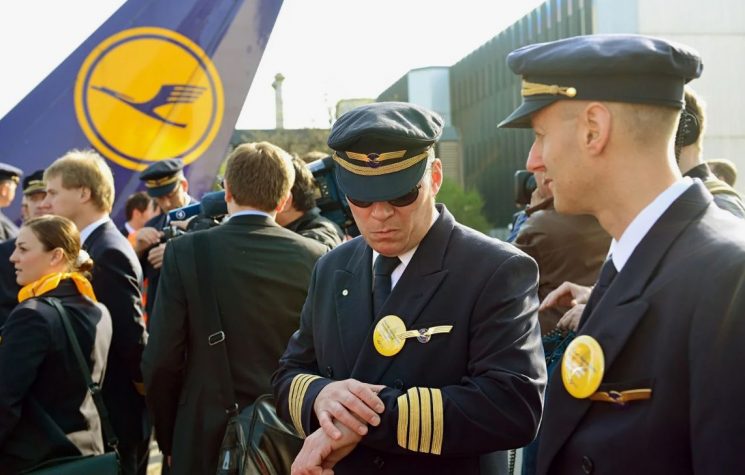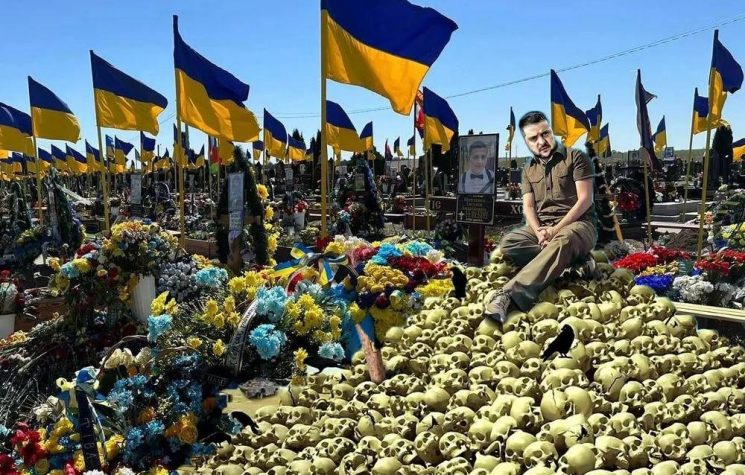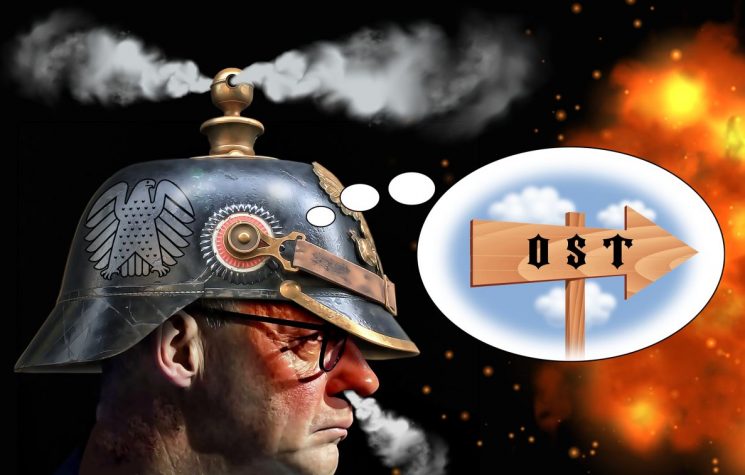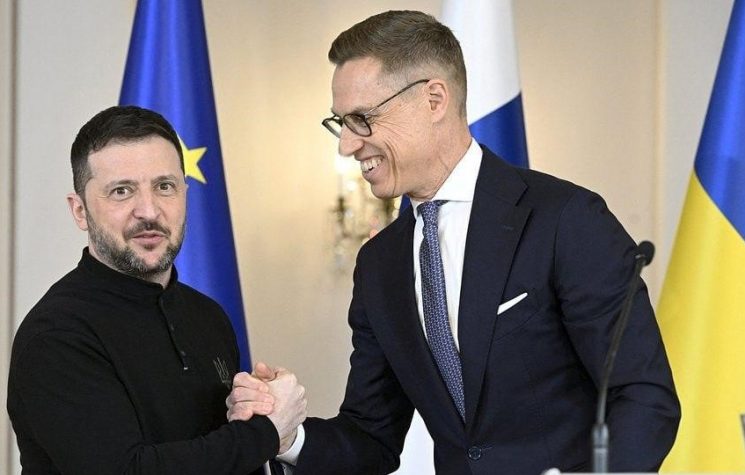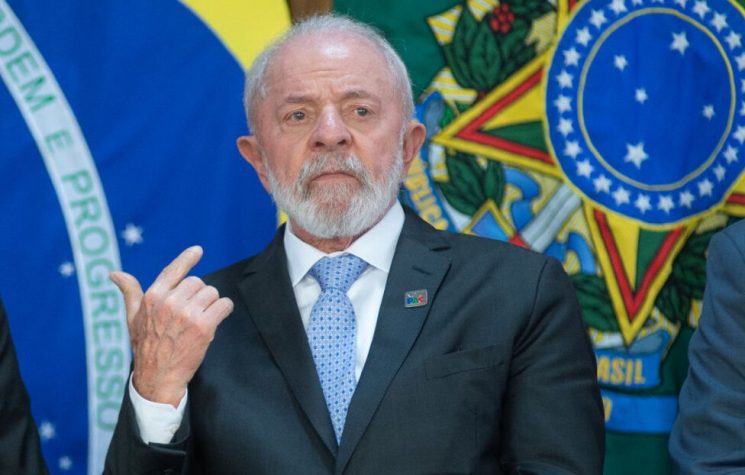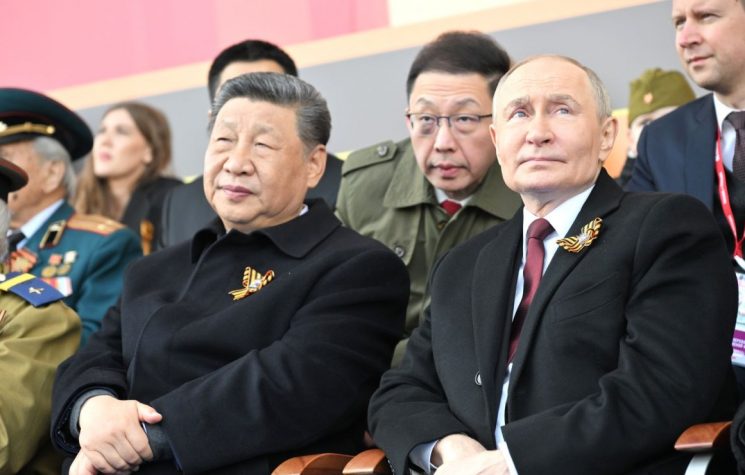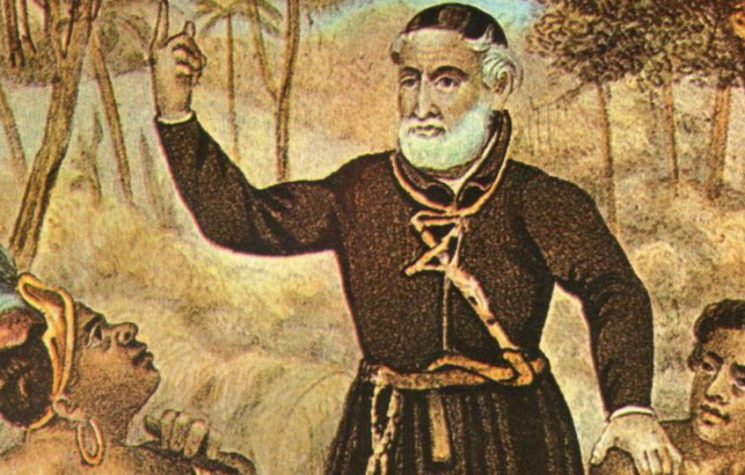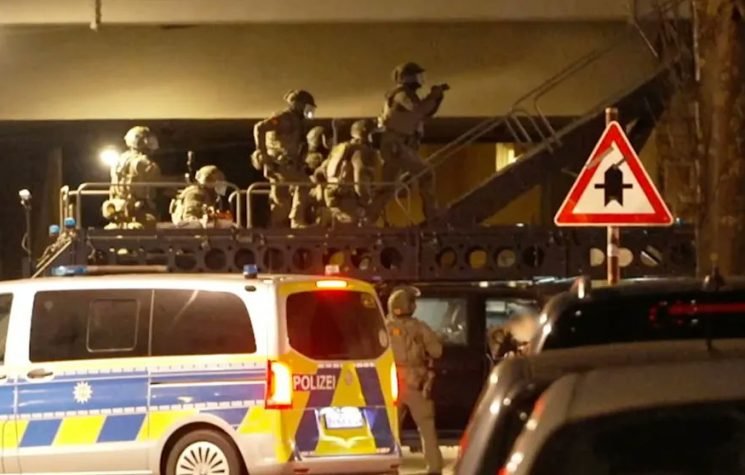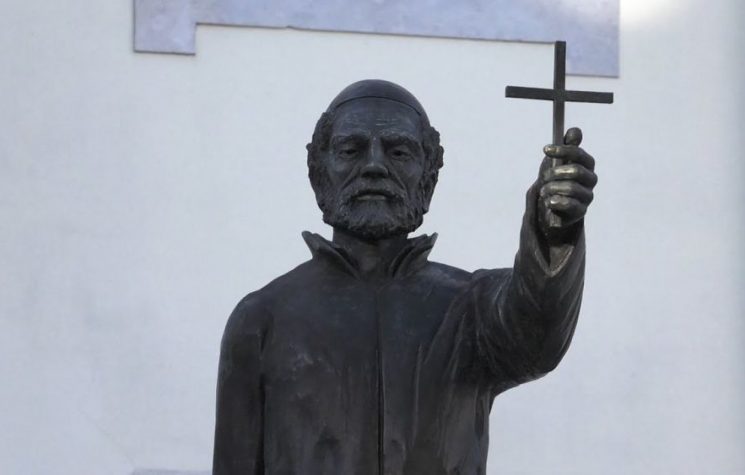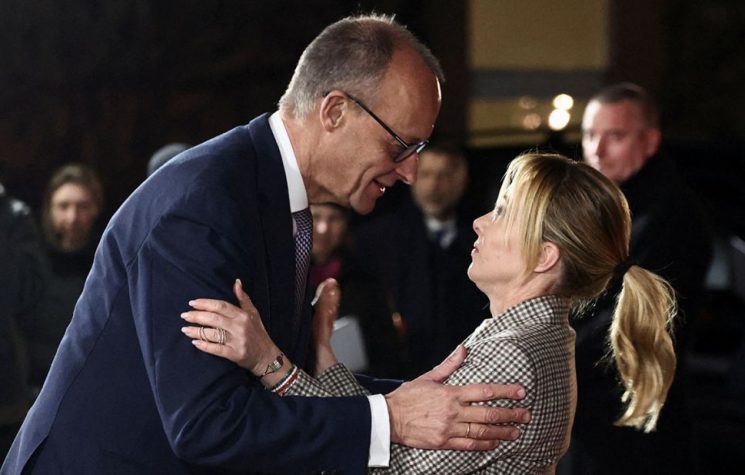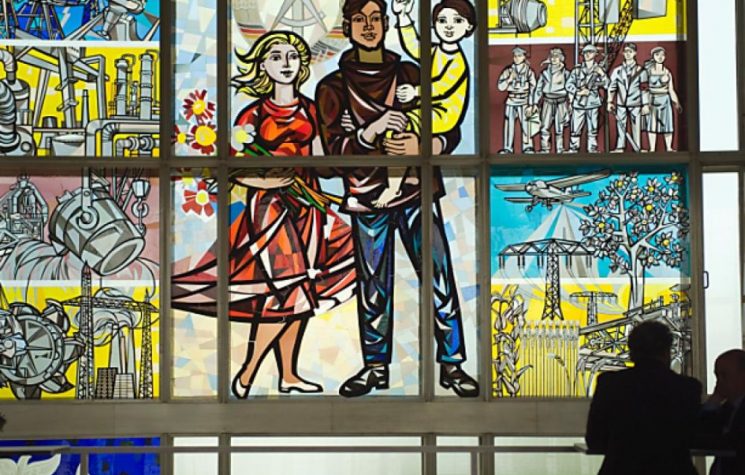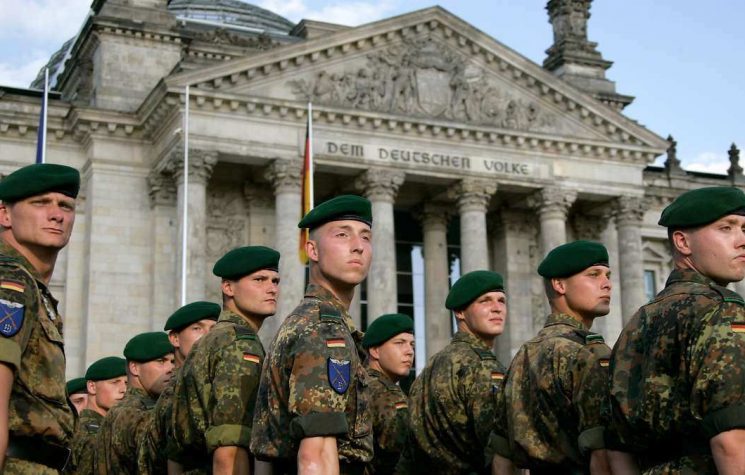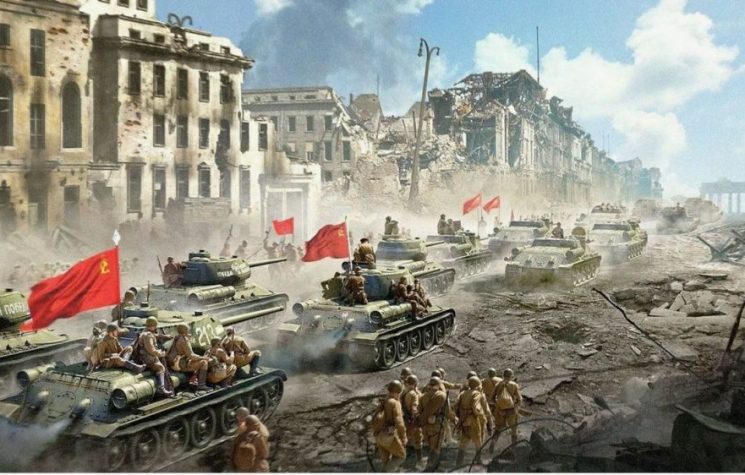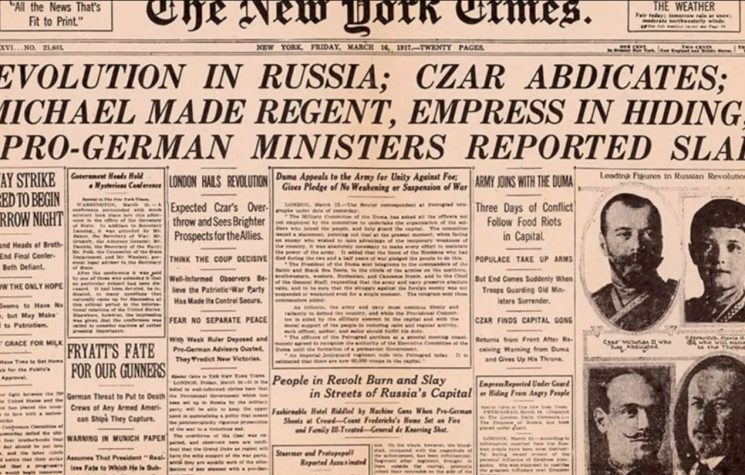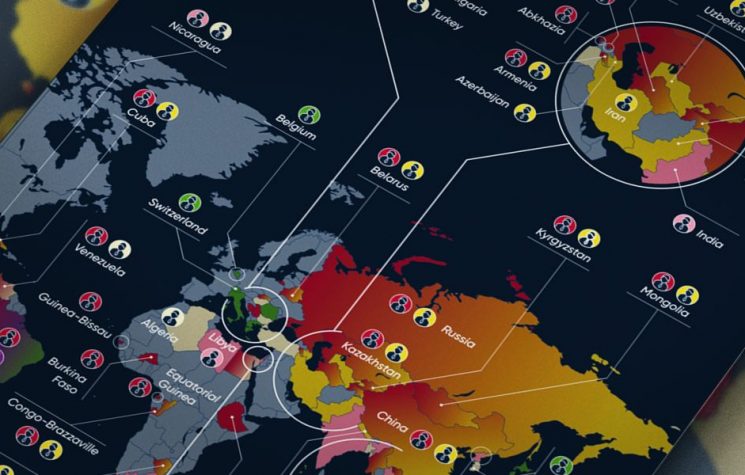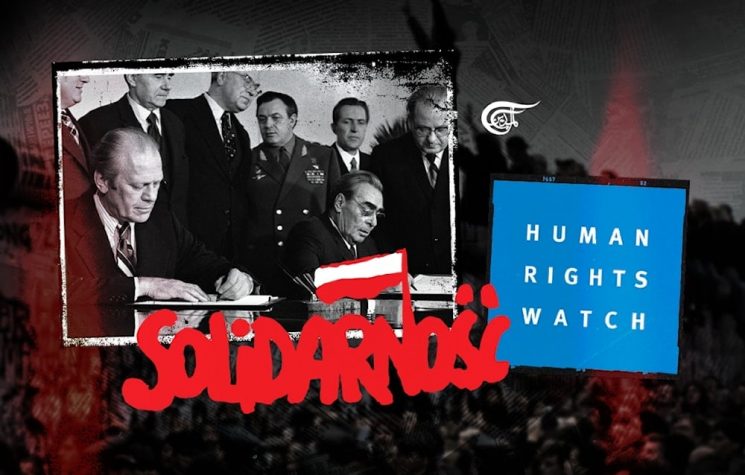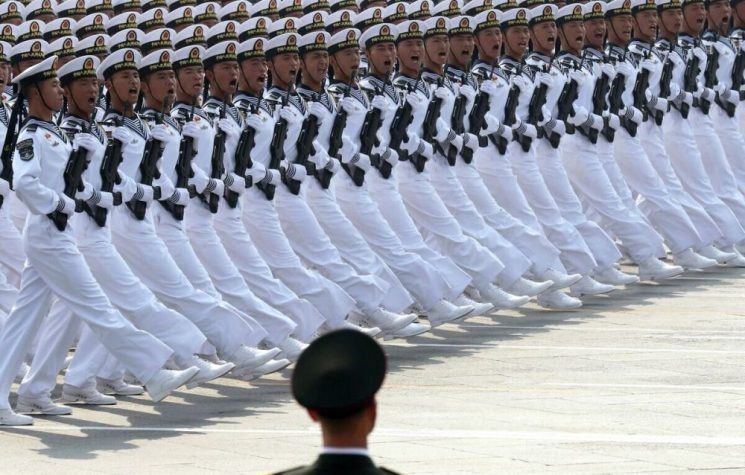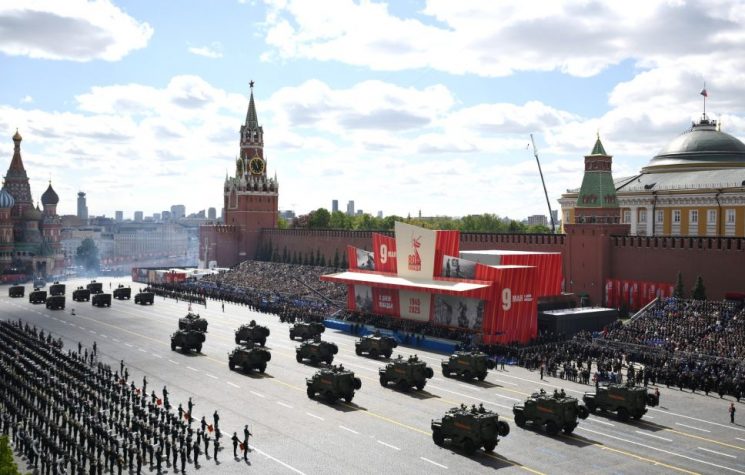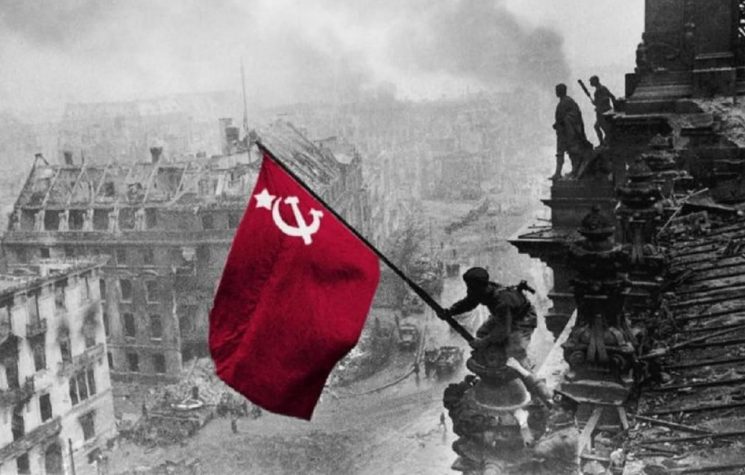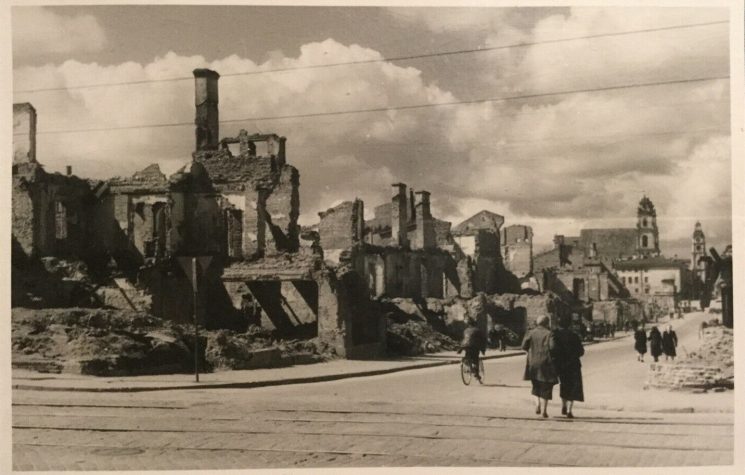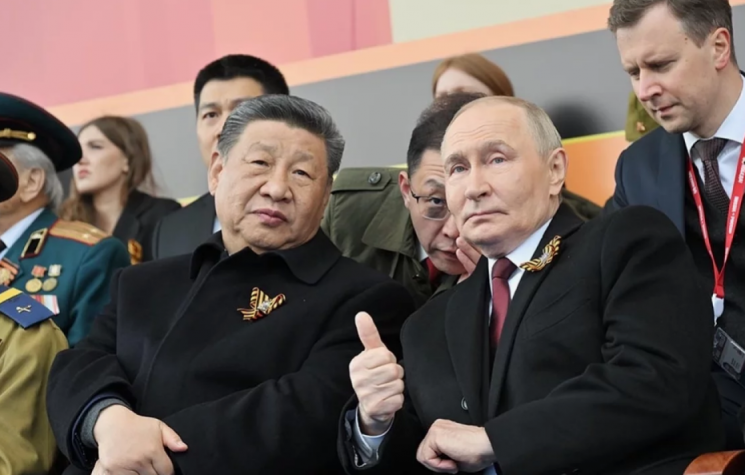Probably no country treats the commemoration of victory over Nazi Germany in World War II with the same seriousness as Russia.
Contact us: info@strategic-culture.su
Probably no country treats the commemoration of victory over Nazi Germany in World War II with the same seriousness as Russia. In fact, Russians even have a special, unique name for the event: The Great Patriotic War—a name that immediately evokes a distinctly Russian significance, yet one they also wish to see recognized by other nations.
World War II was the most devastating conflict in human history. In its hegemonic project, Nazi Germany occupied nearly all of Europe, aiming, among other things, to secure racial supremacy for those they considered part of the “Aryan race.” In 1941, using military movements within USSR territory as justification and seeking to secure Lebensraum im Osten (“living space in the East”) for future German colonization, Hitler invaded the Soviet Union.
Initially, some people welcomed the invasion with optimism—due to weariness with communism—but it quickly became clear that the Germans had not come to liberate the Slavs, but to subjugate, destroy, and expel them from their ancestral lands.
Four years later, however, the Soviets marched into a ruined Berlin. Hitler was dead. The Nazi government lay in collapse. World War II—or the Great Patriotic War—was over. Yet this is not the impression one gets from Hollywood films like Saving Private Ryan.
In Western media, culture, and history books, the event credited with Germany’s defeat is the Atlanticist troops’ landing on the beaches of Normandy on D-Day. From childhood, people are taught that, thanks to the U.S., “the world doesn’t speak German.”
The reality, however, is quite different—one only needs to look at the numbers.
Approximately 75-80% of German casualties during the war occurred on the Eastern Front. The USSR inflicted over 3 million German military casualties (killed, wounded, or captured) out of Germany’s total 4.5 million losses. These figures seem decisive in settling the debate.
No one denies that the Western landing in Normandy played a significant role. By forcing Germany to fight a two-front war and diverting some of its forces from east to west, the Western offensive contributed to the conflict’s outcome. But this Western push only began in 1944, by which time the Soviets were already driving the Germans back toward their original borders. Only ideological blindness could lead someone to claim that this landing—rather than the Soviet victories at Stalingrad, Kharkov, Kursk, and beyond—led to Hitler’s downfall.
Battles like Stalingrad (1942-1943) and Kursk (1943) were decisive turning points where the Red Army not only halted the Nazi advance but launched the counteroffensive that would end in Berlin’s fall. At Stalingrad, the Soviets encircled and annihilated the German 6th Army, marking the Wehrmacht’s first major defeat. At Kursk—the largest tank battle in history—the USSR crushed Hitler’s last hopes for a strategic victory.
But what was the price paid by the Soviets?
27 million dead, military and civilian (though mostly civilians), according to the most recent estimates.
This represents roughly 17% of the Soviet population. Some regions, like modern-day Belarus, lost over 25% of their people. Ukraine suffered losses on a similar scale.
For nearly two decades now, Russia has held the “Immortal Regiment” march every Victory Day, where citizens parade with photos of relatives who took part in the Great Patriotic War. This extremely popular public memorial rite has spread worldwide. Why does it hold such importance in the Russian consciousness? Because every Russian family has relatives—grandparents, great-grandparents, uncles—who died in the war. Not a single Russian family was untouched by that tragedy.
For Russians, World War II is the Great Patriotic War because it was the moment of greatest peril for their very existence as a people. They faced the possibility of annihilation if defeated. Yet from the ruins of their country, through blood, sweat, and tears, their triumph over Germany ensured their survival.
And how has the world repaid Russians for this sacrifice?
Before 2022, mostly with indifference, ignorance, and historical falsification. Since 2022, with hatred, racism, persecution, and cancellation.
This is the great disappointment Russians feel toward the modern world. They look around and see that their immense sacrifice is not respected as it should be—at least in the West.
Yet 80 years after their triumph over death, while the West’s attitude toward Russian heroism may bring disappointment and bitterness, Russians feel nothing but pride for themselves and the deeds of their ancestors.











